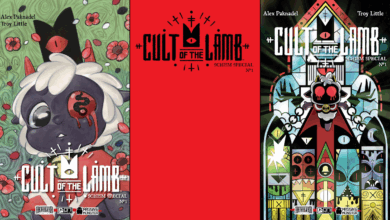Today’s NYT Connections Hints, Answers for Jan. 19, #588

Looking for the most recent Connections answers? Click here for today’s Connections hints, as well as our daily answers and hints for The New York Times Mini Crossword, Wordle, Connections: Sports Edition and Strands puzzles.
I’m getting a huge kick out of Connections these days. It lends itself to more creative thinking than Wordle, which I also enjoy. But today was a tough one for me. Read on for today’s Connections hints and answers.
The Times now has a Connections Bot, like the one for Wordle. Go there after you play to receive a numeric score and to have the program analyze your answers. And players who are registered with the Times Games section can now nerd out by following their progress, including number of puzzles completed, win rate, number of times they nabbed a perfect score and their win streak.
Read more: Hints, Tips and Strategies to Help You Win at NYT Connections Every Time
Hints for today’s Connections groups
Here are four hints for the groupings in today’s Connections puzzle, ranked from the easiest, yellow group to the tough (and sometimes bizarre) purple group.
Yellow group hint: Think money.
Green group hint: Order in the court.
Blue group hint: Natural wonders.
Purple group hint: It’s a first name, and a sea creature.
Answers for today’s Connections groups
Yellow group: Fund.
Green group: Court filing.
Blue group: Landforms.
Purple group: They have rays.
Read more: Wordle Cheat Sheet: Here Are the Most Popular Letters Used in English Words
What are today’s Connections answers?
The completed NYT Connections puzzle for Jan. 19, 2025.
The yellow words in today’s Connections
The theme is fund. The four answers are kitty, pool, pot and purse.
The green words in today’s Connections
The theme is court filing. The four answers are action, case, claim and suit.
The blue words in today’s Connections
The theme is landforms. The four answers are basin, bluff, cape and plain.
The purple words in today’s Connections
The theme is they have rays. The four answers are aquarium, geometry, sun and Tampa Bay.






